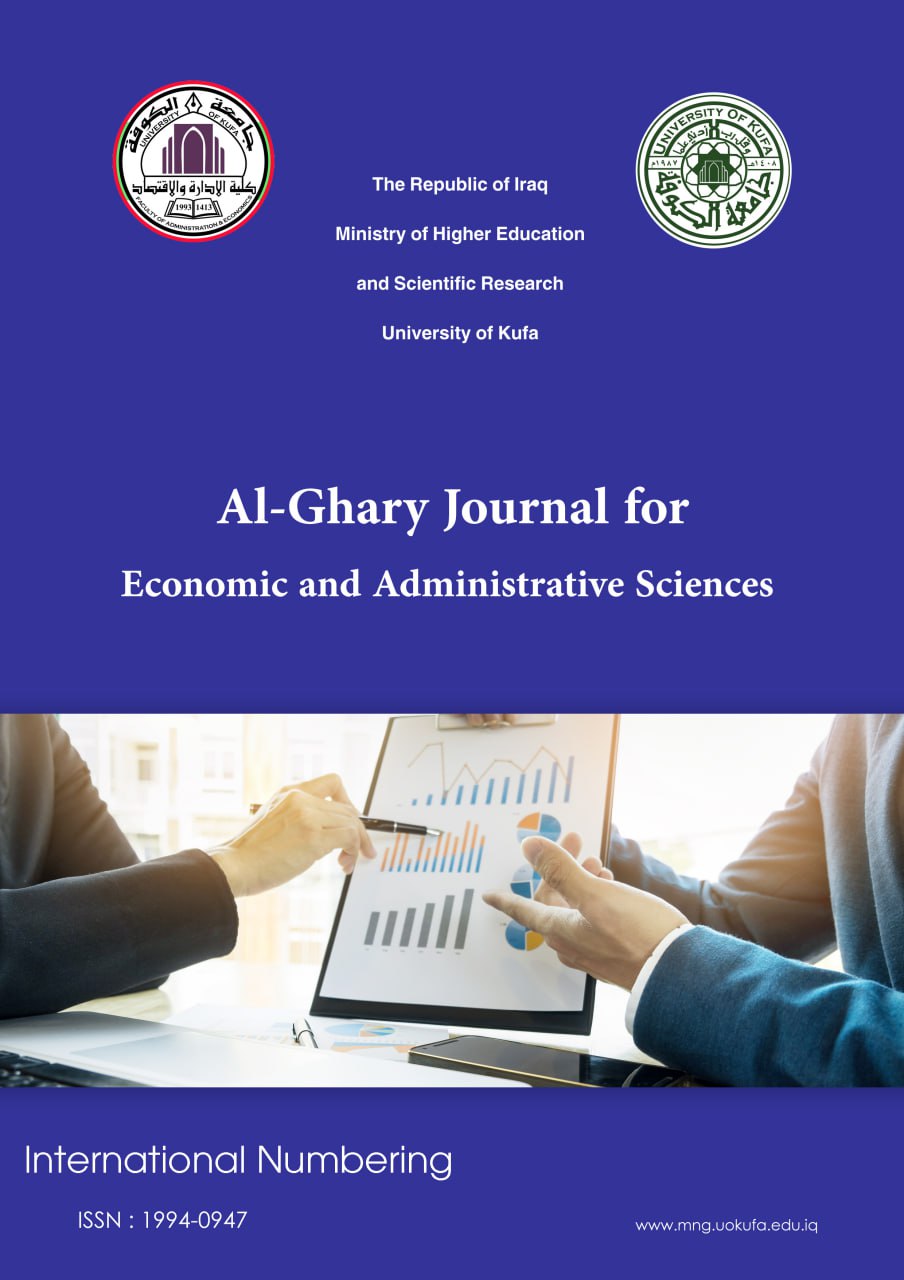The strategic pillars and their role in building agile organizations - an analytical study of the opinions of a sample of workers in the Najaf Education Directorate
DOI:
https://doi.org/10.36325/ghjec.v20i1.15616Keywords:
strategic pillars, agile organizations, Najaf Education Directorate.Abstract
Purpose: The purpose of this study is to seek to identify the role of human resource aging as an interactive variable in building agile organizations based on the independent variable represented by the strategic pillars.
Research design: The study included a qualitative analysis of data related to the General Directorate of Education of Najaf, which is under study. In building lean organizations, the study sought to test a number of hypotheses related to the influence relationships between the study variables represented by the strategic pillars and lean organizations. The data were processed through statistical methods using (SPSS) (SMART PLS) software.
Results: The results of the statistical analysis of the data collected through the questionnaire tool prepared for this purpose, in addition to the theoretical conclusions from it, showed that the directorate adopted the strategic pillars for building an agile directorate through its focus on how to invest, acquire and transfer knowledge to young managers, as well as employing it to improve the level of Organizational performance of employees in the workplace.
Contribution/value: This study contributes as an attempt to contribute to revealing the role of the strategic pillars as a strategic tool for the Directorate of Education of Najaf to build a graceful directorate
Downloads
Downloads
Published
How to Cite
Issue
Section
License
Copyright (c) 2024 هاشم فوزي العبادي، ضرغام عبد العالي الماضي

This work is licensed under a Creative Commons Attribution 4.0 International License.
which allows users to copy and create excerpts and summaries, and thus create new scientific works from the article or modify it and benefit from the scientific material, provided that the user refers to the link to the original article









